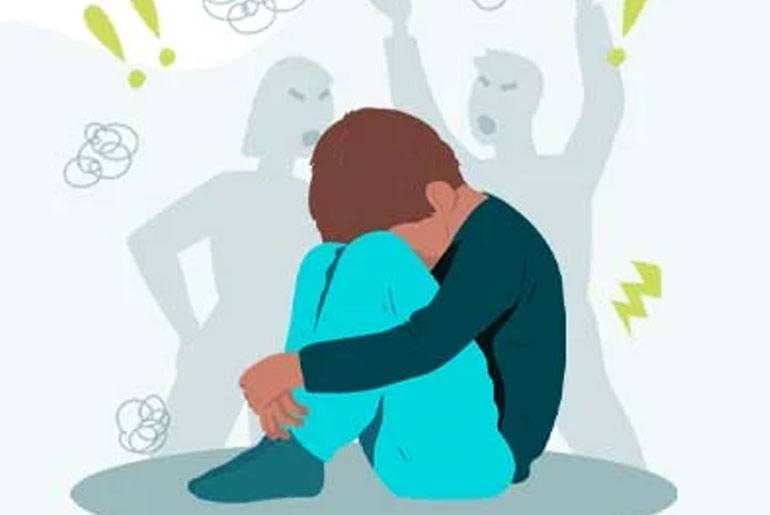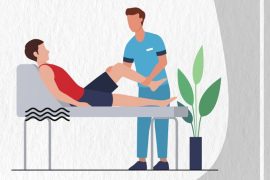Childhood trauma encompasses a wide range of adverse experiences during formative years that can profoundly impact psychological, emotional, and even physical development. These experiences, which may include neglect, abuse, violence, or loss, can disrupt the normal course of childhood development, leading to long-lasting effects on cognition, behavior, and interpersonal relationships. Children who endure trauma often face challenges in regulating emotions, forming healthy attachments, and coping with stress. Without proper support and intervention, the effects of childhood trauma can persist into adulthood, influencing mental health, social functioning, and overall well-being.
Childhood trauma can deeply impact how we perceive and interact with others in adulthood. Here’s a detailed summary of the types of people who can trigger childhood trauma and the reasons behind it:
- People who are highly critical and judgmental: If we had emotionally immature parents who were excessively critical of us during childhood, encountering similarly critical and judgmental individuals in adulthood can reopen those wounds. This criticism can remind us of past experiences where our worth was constantly questioned, leading to feelings of inadequacy and vulnerability.
- Those who avoid taking responsibility and engage in blame games: Growing up with emotionally immature parents who refused to acknowledge their mistakes and instead blamed others can leave lasting scars. When we encounter people who exhibit similar behaviors, it can reignite feelings of frustration and powerlessness from our past experiences. This can hinder our ability to trust and form healthy relationships.
- People who disregard our boundaries: Boundaries are crucial for maintaining healthy relationships, but if we grew up in an environment where our boundaries were routinely ignored or violated, encountering individuals who do the same can be triggering. This can evoke feelings of powerlessness and anxiety, as it reminds us of past experiences where our needs were not respected.
- Those who jump to conclusions without listening: Being the family scapegoat often means that our perspective was dismissed or invalidated by others. When we encounter individuals who rush to judgment without considering our side of the story, it can resurrect feelings of being misunderstood and unfairly judged. This can lead to heightened sensitivity and defensiveness in similar situations.
- People who do not respect our time: If we grew up feeling neglected or unimportant because our parents failed to prioritize our needs and time, encountering individuals who demonstrate a similar lack of consideration can trigger feelings of abandonment and resentment. This can lead to a reluctance to invest in relationships where our time and efforts are not valued.
In summary, childhood trauma can create emotional wounds that influence how we perceive and interact with others in adulthood. Recognizing the types of people who trigger our trauma can help us navigate relationships more effectively and seek support to heal from past experiences. Establishing healthy boundaries, practicing self-care, and seeking therapy can all be beneficial steps towards resolving childhood trauma and fostering healthier relationships.
Disclaimer:
The information contained in this article is for educational and informational purposes only and is not intended as a health advice. We would ask you to consult a qualified professional or medical expert to gain additional knowledge before you choose to consume any product or perform any exercise.







